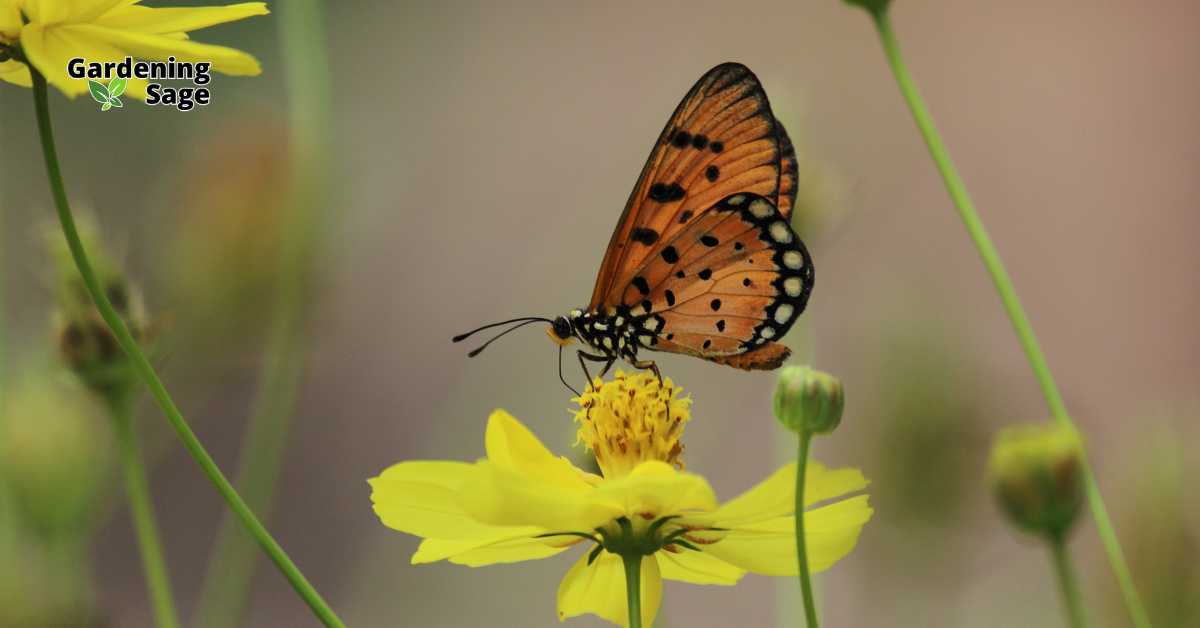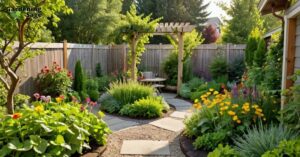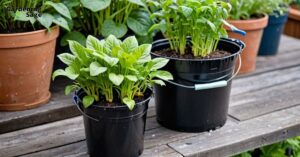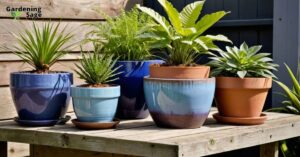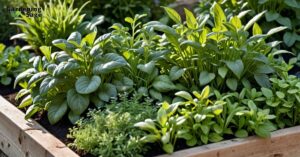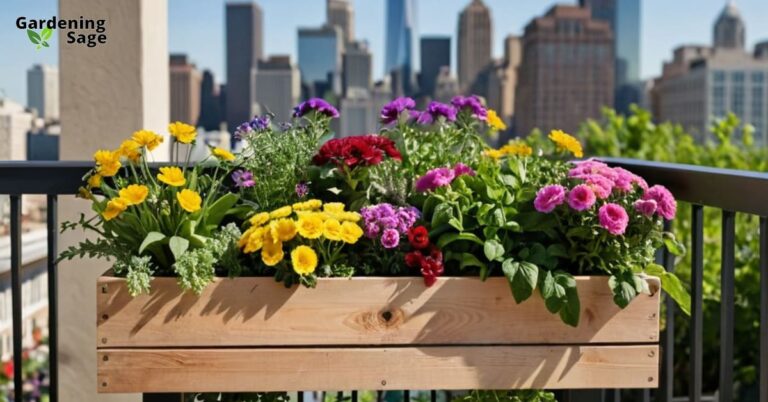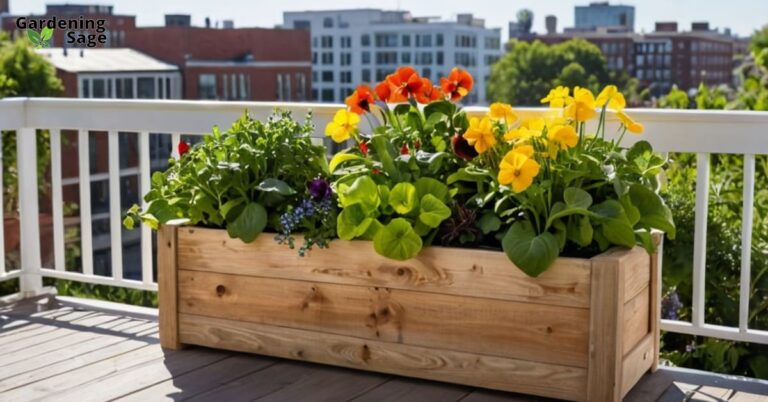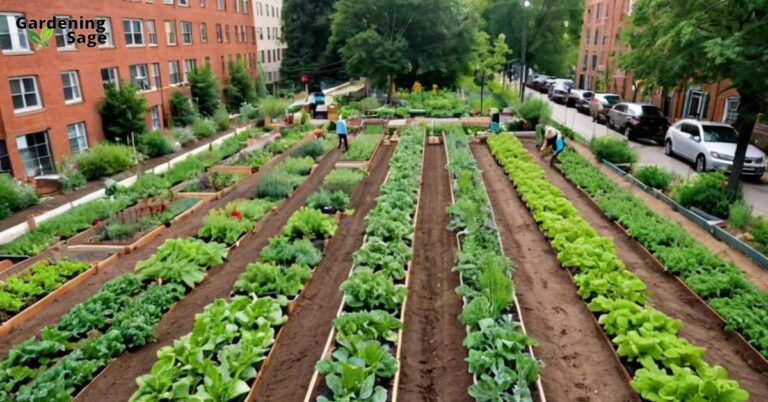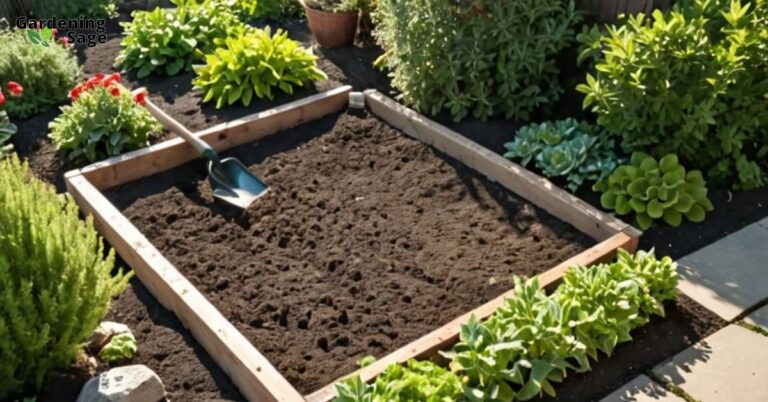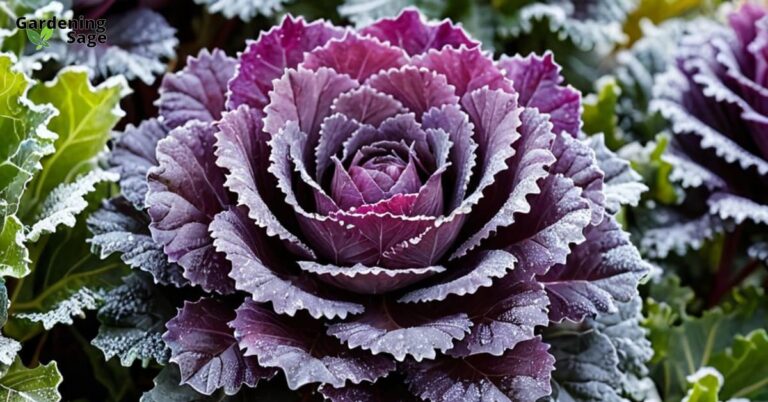Welcome to the enchanting world of butterfly gardening! A haven where delicate wings color the sky, and flora dances in harmony with nature’s delicate pollinators.
Here, we’ll guide you through the steps of creating a butterfly garden, an oasis not only for these winged beauties but also for your soul.
Delve into the joy of transforming your garden into a butterfly paradise, a place where nature’s most exquisite creatures can thrive.
Understanding Butterflies and Their Habitat Needs
To attract butterflies, it’s essential to understand their habitat needs. These enchanting creatures seek out environments that cater to their entire life cycle:
- Sunshine: Butterflies bask in sunny areas for warmth.
- Protection: Windbreaks, like shrubs and tall grasses, offer essential shelter.
- Water: A shallow water feature provides hydration and a place to rest.
- Host Plants: Plants like milkweed and parsley serve as breeding grounds and nourishment for caterpillars.
Selecting the Right Plants to Attract Butterflies
Choosing the right plants is critical in creating a butterfly garden. Focus on varieties that provide nectar for adults and food for caterpillars:

- Nectar-Rich Flowers: Plants like butterfly bush, phlox, and lavender are perfect for feeding adult butterflies.
- Blooming Schedule: Ensure a continuous bloom cycle throughout the season for a constant food supply.
- Caterpillar Host Plants: Species like dill, fennel, and milkweed are crucial for caterpillar development.
Designing Your Butterfly Garden
Creating a butterfly garden is both an art and a science:
- Plant Groupings: Clustering the same plants together helps butterflies conserve energy while foraging.
- Diverse Plant Heights: Varied plant heights create a dynamic and accessible environment for butterflies.
- Natural Gardening Practices: Avoid pesticides and chemicals to ensure a safe habitat for butterflies and their caterpillars.
Creating a Butterfly-Friendly Environment
Beyond planting, other elements can enhance your garden’s appeal to butterflies:
- Wild Patches: Leave some areas undisturbed for natural shelter and additional resources.
- Basking Areas: Flat stones in sunny areas offer butterflies a place to warm up and rest.
- Butterfly Houses: While not a necessity, these structures can add charm to your garden and offer additional shelter.
Maintaining Your Butterfly Garden
Maintaining your garden is key to attracting and keeping butterflies:
- Weeding: Control weeds, but be cautious not to disturb developing caterpillars or pupae.
- Consistent Watering: Keep your garden hydrated, especially during dry periods.
- Deadheading: Regularly remove spent blooms to encourage new growth and more flowers.
Embracing the beauty of butterfly gardening enriches both your garden and the local ecosystem. With these steps, you can create a thriving sanctuary for butterflies, contributing to biodiversity and enjoying the serene beauty of these winged wonders.

